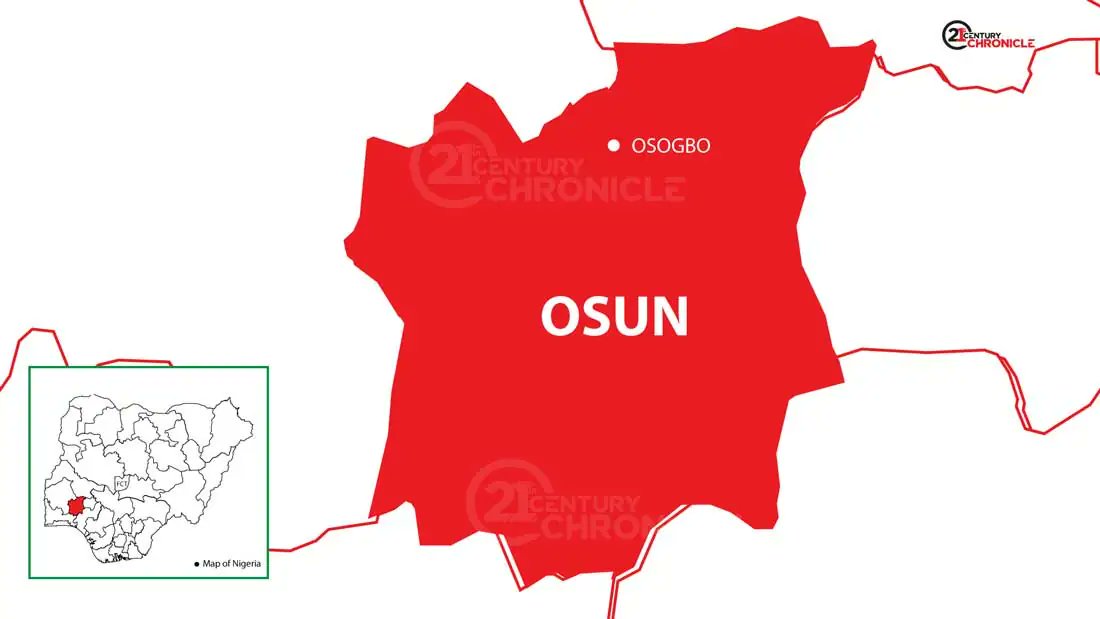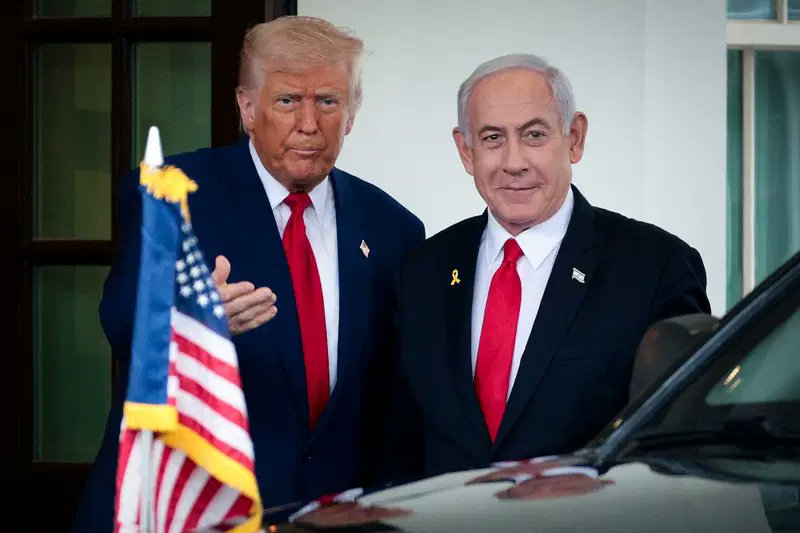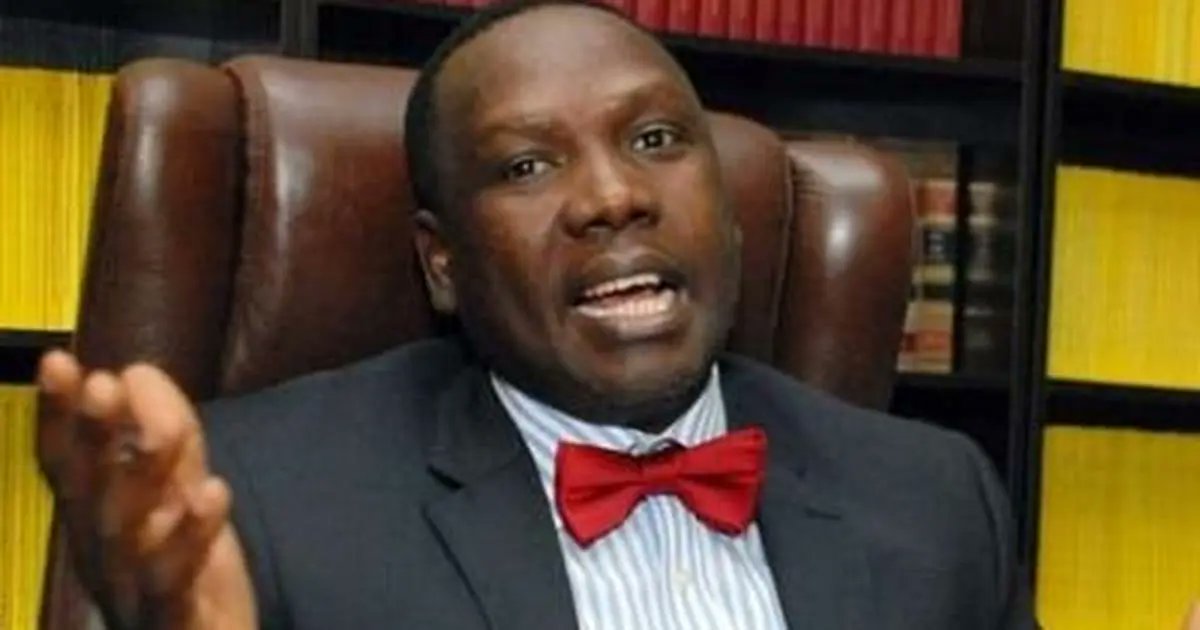
Osun Gears Up for 2026 as INEC Announces August 8 Kickoff for Voter Registration

The Independent National Electoral Commission (INEC) in Osun State has officially declared that Continuous Voter Registration (CVR) will begin on August 8, 2025, in preparation for the much-anticipated 2026 governorship election. The announcement, which has since ignited a flurry of activity among political parties, civil society groups, and youth organizations across the state, signals the beginning of what promises to be a heated and closely monitored electoral buildup in one of Nigeria’s politically vibrant states.
According to Tribune Nigeria, the electoral body made the declaration during a stakeholders’ meeting held at the commission’s Osogbo office, where Resident Electoral Commissioner, Dr. Mutiu Agboke, urged citizens—especially first-time voters and those who have changed residence—to take advantage of the registration window. The exercise, which is expected to run for several weeks, will give eligible citizens the opportunity to register, update, or transfer their voter cards, ensuring they are duly captured in the national voter database before the 2026 polls.
This development comes as Osun State enters a critical pre-election period, following the 2022 governorship contest that saw Senator Ademola Adeleke of the Peoples Democratic Party (PDP) oust the incumbent Gboyega Oyetola of the All Progressives Congress (APC) in a keenly contested and highly litigated election. The stakes are already sky-high as the PDP seeks to consolidate power while the APC plots a comeback. Political observers believe that the voter registration process will serve as an early litmus test of public enthusiasm, grassroots mobilization, and the level of trust in the electoral system.
Dr. Agboke, speaking to journalists shortly after the meeting, reiterated INEC’s commitment to a credible, transparent, and inclusive process. “We want to ensure that every eligible citizen of Osun State who is not yet registered, or who needs to update their details, has a fair and accessible opportunity to do so,” he stated. “Our doors will be open across all 30 local government areas, and we’re putting logistics in place to ensure the process is seamless.”
He also emphasized the importance of youth participation, noting that the 2023 general elections demonstrated a significant surge in political consciousness among young Nigerians. “We are aware that a large number of youths in Osun will attain voting age by the time of the next election. We encourage them to take ownership of the democratic process by getting registered early,” he said.
Already, civic groups and political organizations have started mobilizing their members for what some describe as the "pre-election battlefield." Youth-based NGOs such as VoteRight Naija and Osun Voters Watch have launched social media campaigns and door-to-door outreach aimed at educating new voters on the registration process and the importance of electoral participation. Meanwhile, local government secretariats across the state are preparing to host INEC registration centers, with community leaders pledging support to ensure orderly conduct.
Notably, political parties are not sitting idle. Both the PDP and APC have reportedly activated their grassroots structures to monitor the process closely and ensure that their strongholds are not underrepresented. In Ife, Iwo, Ede, and Osogbo, party leaders are organizing sensitization meetings and urging their constituents to participate massively. There are also reports of internal strategic meetings within party circles to assess voter registration trends and identify key battleground LGAs ahead of the 2026 showdown.
While enthusiasm is high, concerns about the operational efficiency of the process remain. Some stakeholders have warned against the logistical pitfalls that marred previous registration exercises, including slow biometric capture, technical faults, and staff shortages. In response, INEC Osun has assured the public that the commission is working closely with national headquarters to deploy state-of-the-art registration equipment and well-trained personnel. Furthermore, mobile registration centers will be introduced to reach remote communities and underserved populations, a move that has been widely welcomed by rural advocacy groups.
Security is also on the radar, especially considering the tense political climate that often characterizes voter registration and election seasons in Nigeria. The Osun State Police Command has pledged full cooperation with INEC, promising to provide security personnel at all registration centers to prevent intimidation, political thuggery, or sabotage. Commissioner of Police Bzigu Dali Kwazhi disclosed during a press briefing that intelligence units would also be deployed to monitor hotspot areas for any signs of unrest.
Another layer of concern relates to voter apathy and misinformation. Experts say that for the voter registration to truly reflect the democratic will of the people, INEC and civil society must go beyond logistics and embark on aggressive sensitization campaigns, especially targeting demographics that historically show low turnout—such as market women, artisans, students, and the elderly. Local radio stations, town criers, churches, and mosques are expected to play a significant role in this grassroots mobilization.
The electoral umpire is also calling on the media to be partners in progress. During his address, Dr. Agboke urged journalists to verify facts before publishing and to help counter fake news, which often circulates during politically charged seasons. “The media must help us clarify that voter registration is free, that there are no shortcuts, and that only INEC-designated centers are authorized for the process,” he warned.
As the August 8 start date draws closer, the countdown has effectively begun. Osun’s political terrain, known for its passionate supporters and often unpredictable shifts, is slowly awakening. The level of turnout during the CVR exercise will not only give clues about the mood of the electorate but could very well influence party strategies, voter outreach, and even candidate selection in the months ahead.
Beyond the political implications, the success or failure of the registration exercise may also serve as a benchmark for the credibility of the 2026 elections themselves. Nigerians are watching closely, and INEC knows that its performance in Osun could either rebuild trust in the electoral process—or erode it further.
With barely a month to go, the ball is now in the court of the people of Osun State. The power to shape the future of their state rests not only in the ballot box in 2026 but first in the simple but profound act of registering to vote in 2025.

